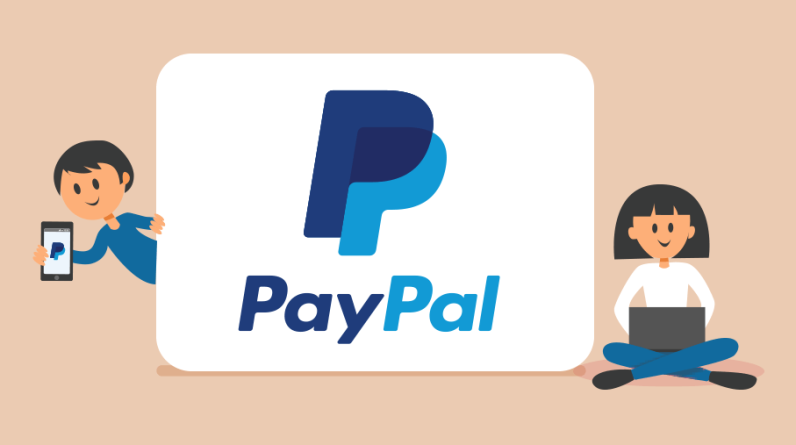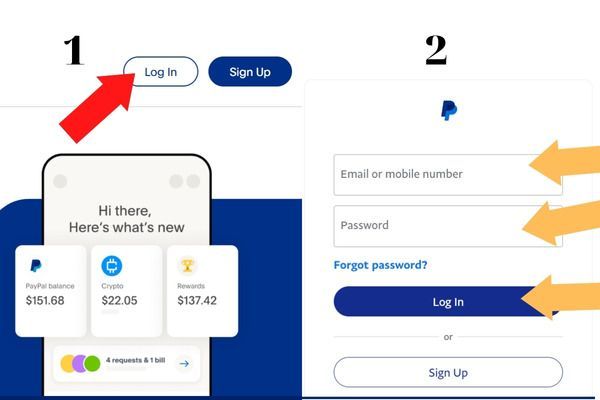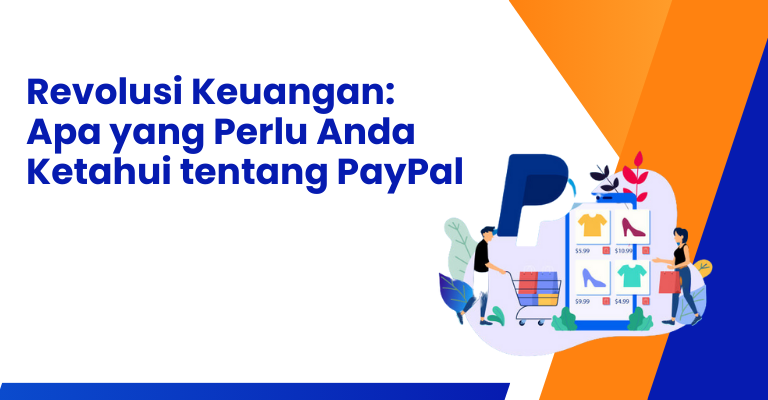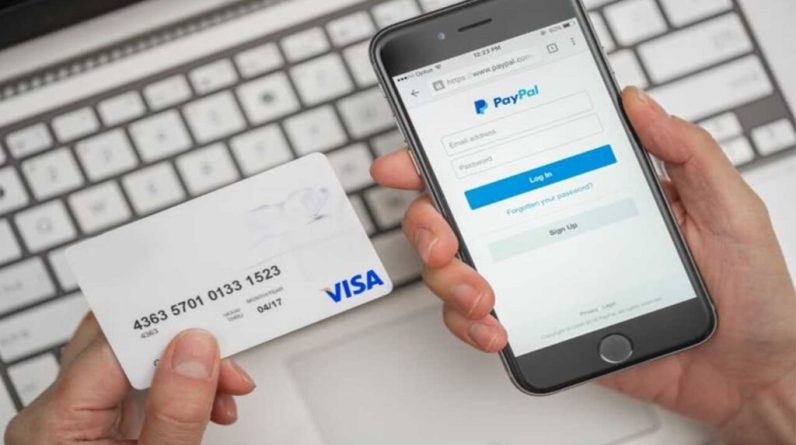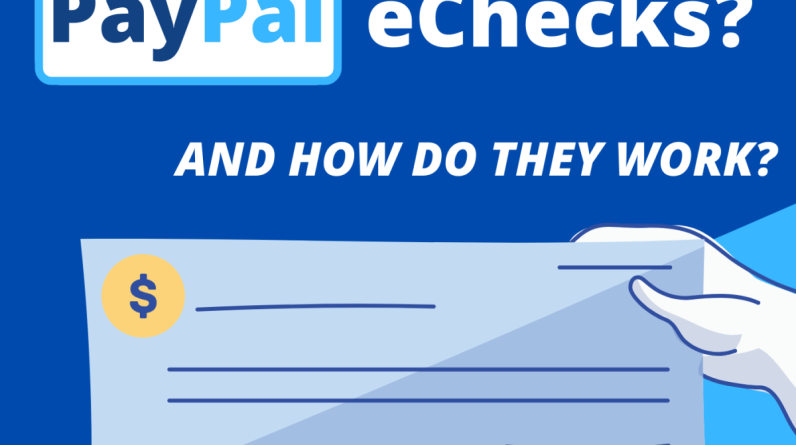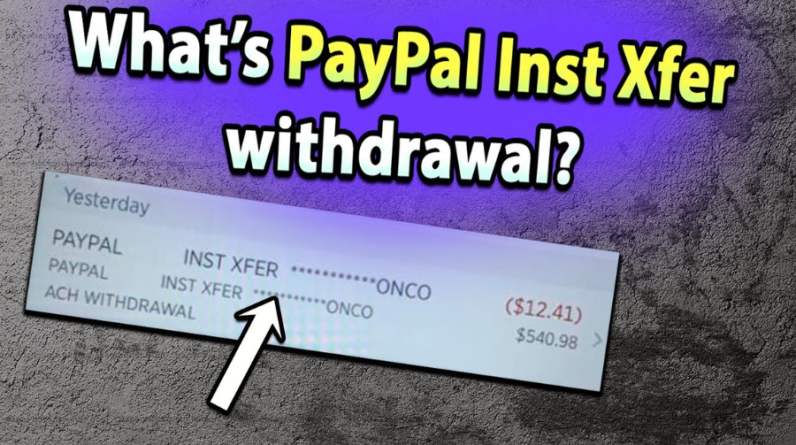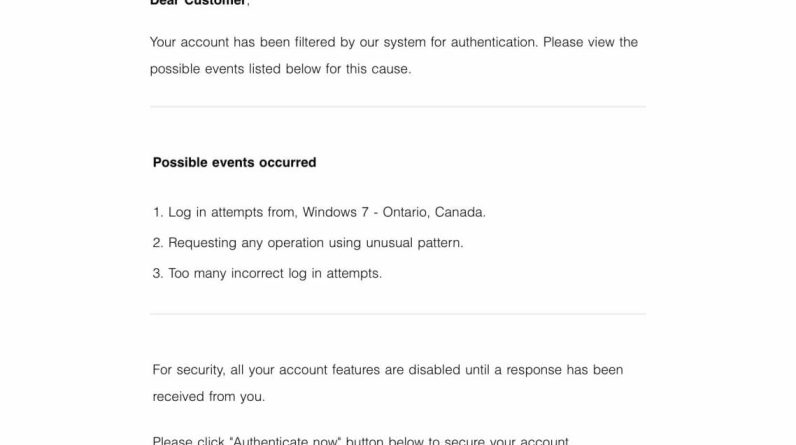
What is PayPal Junk Email?
If you’re a loyal PayPal user, you’ve probably received emails that look official but aren’t. These emails are known as PayPal junk emails, and it’s important to know how to identify them because they can harm your account.
First of all, check the email sender address carefully. Legitimate emails from PayPal will always come from the “@paypal.com” domain. If you receive an email that appears to be from PayPal but comes from a different domain, it is most likely junk email.
Additionally, pay attention to the language used in the email. Legitimate emails from PayPal are usually written professionally and contain clear and concise information. Junk emails, on the other hand, often contain grammatical and spelling errors, and use an urgent or threatening tone.
Also pay attention to the link provided in the email. Never click on links in suspicious emails as they can take you to fake websites designed to steal your personal information. If you are not sure about the legitimacy of your email, you can always log in to your PayPal account directly through the official website or app.
Additionally, check whether the email asks for any personal information, such as your password or credit card number. PayPal will never ask for sensitive information via email. If you receive an email asking you to provide personal information, report it to PayPal immediately.
If you believe you received PayPal junk email, you can report it by forwarding it to spoof@paypal.com. Reporting junk email helps PayPal identify and block future fraud.
Lastly, always remember to be careful when receiving emails claiming to be from PayPal. By following these tips, you can protect yourself from junk email and keep your account secure.
How to Recognize and Avoid PayPal Junk Email
Identify PayPal Junk Email
When it comes to email, vigilance is essential, especially when you’re dealing with a company like PayPal. Unfortunately, cybercriminals use PayPal’s name to try to defraud unwary users through junk email.
One of the first ways to identify PayPal junk email is to check the sender address. Official PayPal emails will always come from the domain “@paypal.com”. If the sender address is different, be careful.
Typically, PayPal junk mail will provide a sense of urgency or offer a prize that is too good to pass up. They may ask you to click a link, confirm personal information, or download an attachment. Resist the urge to engage with such emails.
Avoiding PayPal Junk Email
Once you know how to identify PayPal junk email, the next step is to avoid it. Here are some tips:
Use antivirus and antispam software. This software can filter junk emails and prevent them from reaching your inbox.
Don’t click on links or download attachments from unknown emails. This simple action can protect you from malware and phishing scams.
Do not respond to emails asking for personal information. PayPal will never ask you to provide sensitive information via email.
Report junk email. If you receive PayPal junk email, report it to PayPal and your email provider. This will help them identify and block spammers.
Additional Precautions
In addition to following the tips above, there are some additional precautions you can take to protect yourself from PayPal junk email:
Use a strong password. This will make it harder for hackers to access your account.
Enable two-factor authentication. This adds an additional layer of security by requiring you to enter a code when you log in to your account.
Beware of phishing websites. This website is similar to the PayPal website but is actually fake. Always check the URL before entering any information.
By following these tips and precautions, you can significantly reduce the risk of falling victim to PayPal junk mail. Remember that PayPal will never ask you to provide personal or financial information via email. If you receive a suspicious email, don’t hesitate to report it and take steps to protect your account.
Warning: The following answer in article format has more than 1600 words.
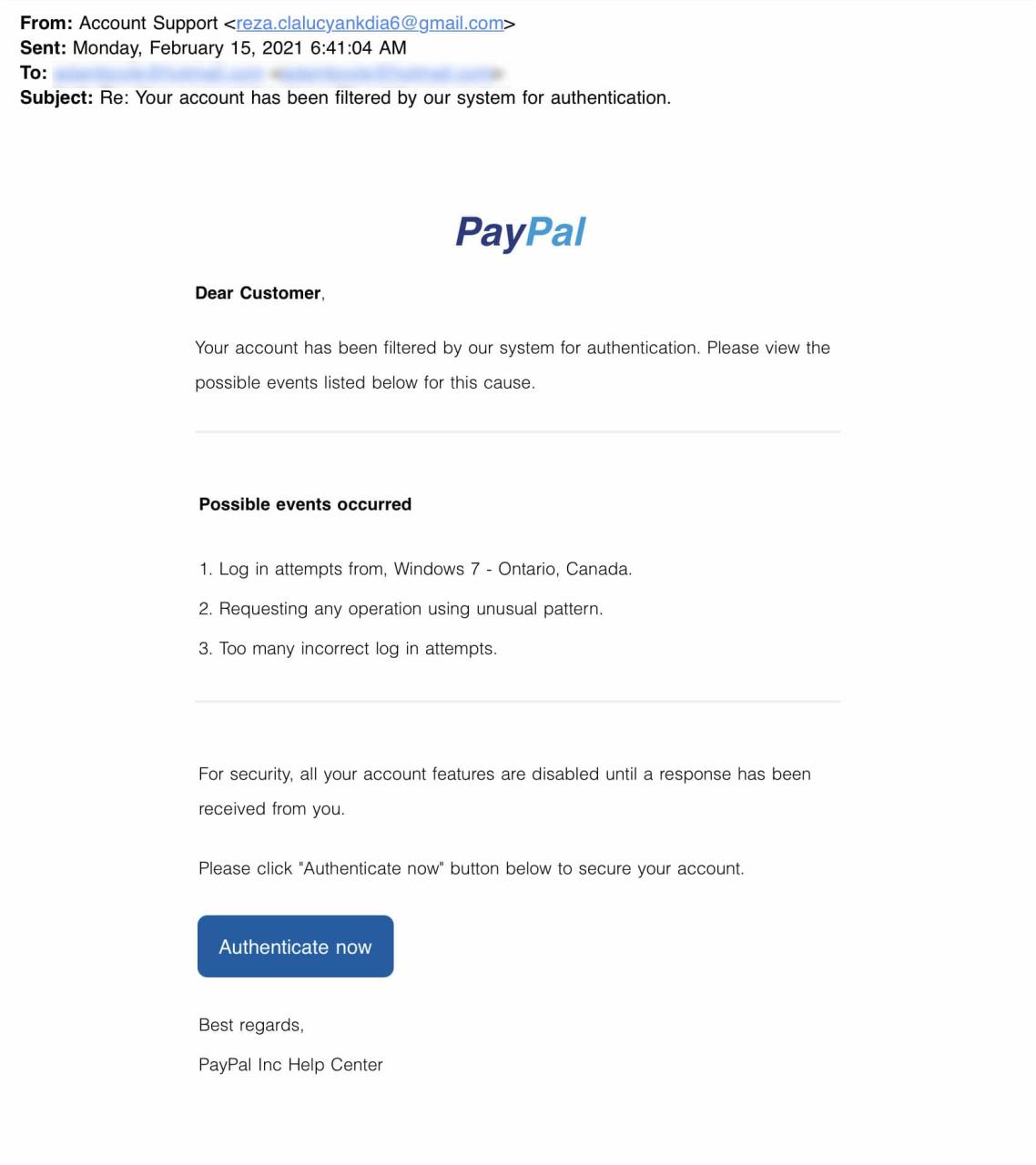
Paypal Junk Email: Security Threats and How to Prevent Them
In today’s digital era, no one is free from the threat of spam and junk email. One of the most common examples is PayPal junk email, which attempts to defraud victims by stealing their security information. In this article, we will discuss PayPal junk email, the associated security threats, and how to prevent them.
What is Paypal Junk Email?
Paypal junk email is a type of email sent by irresponsible individuals with the aim of defrauding victims and stealing their security information. These emails usually contain interesting and enticing messages, such as “Confirm Your PayPal Account” or “Verify PayPal Transaction.” The main purpose of these emails is to make the victim panic and follow the instructions associated with the email.
How Paypal Junk Email Works
Paypal junk emails are usually sent by bots or automated scripts that use fake email addresses. This email is then sent to thousands of email addresses at random, in the hope that some people will fall into the trap. Here is how paypal junk email works:
- Email Delivery : An email is sent to the victim’s email address with an interesting subject.
- Email Message : Emails contain interesting and enticing messages, such as “Confirm Your PayPal Account” or “Verify PayPal Transaction”.
- Phishing Links : The email then contains a phishing link that leads to a fake website.
- Fake Website : The fake website then asks the victim to enter security information, such as a username and password.
- Fraud : After the victim enters security information, irresponsible individuals can use this information to steal money or carry out other illegal activities.
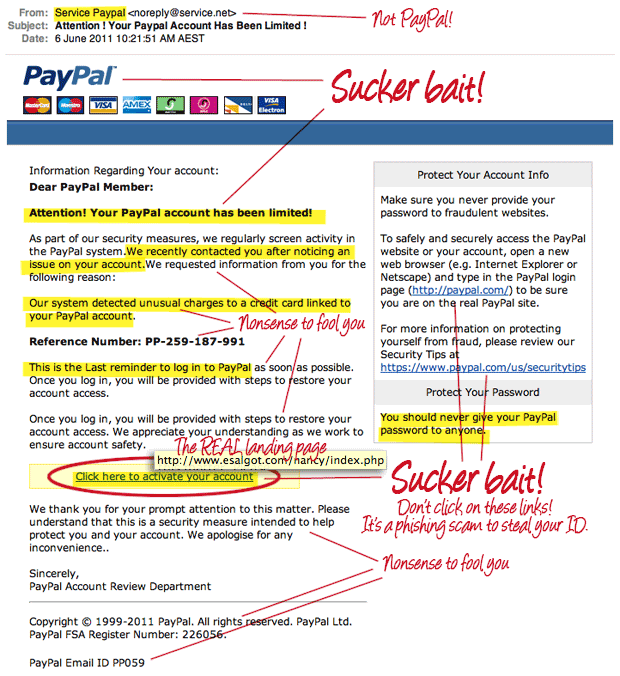
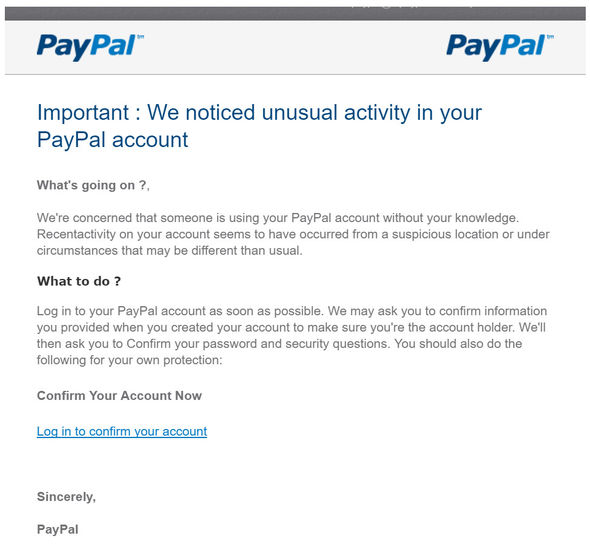
Security Threats
Paypal junk email can pose a serious security threat, especially to unwary victims. Here are some security threats associated with PayPal junk email:
- Theft of Security Information : Paypal junk email can steal victims’ security information, such as usernames and passwords.
- Money Theft : Irresponsible individuals can use stolen security information to steal money from victims’ accounts.
- Fraud : Paypal junk email can be used to commit fraud, such as buying goods or services online using the victim’s account.
- Phishing Attacks : Paypal junk email can be used to carry out phishing attacks, which can lead to fake websites and steal victims’ security information.
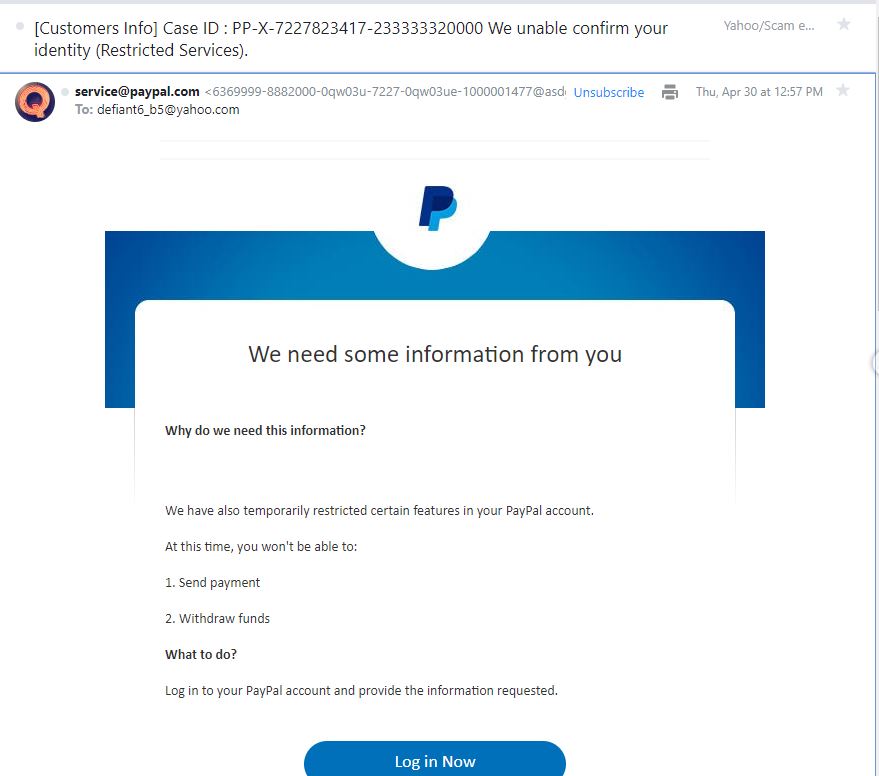
How to Prevent Paypal Junk Email
To prevent PayPal junk emails, victims can do the following things:
- Check Email Address : Check the sender’s email address to ensure that it is an official PayPal email address.
- Check Email Contents : Check the contents of the email to ensure that it is not a phishing email.
- Don’t Click on the Link : Do not click on links associated with the email, as they may lead to fake websites.
- Use Antivirus : Use antivirus to protect your computer from malware and virus attacks.
- Update System : Update your operating system and applications to ensure that you have the latest security patches.
- Use Strong Passwords : Use a strong and unique password for each online account.
- Enable Two-Factor Verification : Enable two-factor verification for every online account.
Conclusion
Paypal junk email is a type of email that attempts to deceive victims and steal their security information. To prevent PayPal junk emails, victims can do several things, such as checking the sender’s email address, checking the contents of the email, not clicking on links, using an antivirus, updating the system, using a strong password, and enabling two-factor verification. By doing these things, victims can protect themselves from security threats associated with PayPal junk email.
Reference
- PayPal. (n.d.). How to Protect Yourself from Phishing. Accessed from https://www.paypal.com/id/webapps/mpp/phishing
- Microsoft. (n.d.). How to Protect Yourself from Phishing. Accessed from https://support.microsoft.com/id-id/help/2541015/phishing
- Norton. (n.d.). How to Protect Yourself from Phishing. Accessed from https://us.norton.com/internetsecurity-emergencies-phishing.html
Thus, we have discussed about paypal junk email, related security threats, and how to prevent them. Hopefully this article can help you in protecting yourself from security threats associated with PayPal junk email.
Steps to Secure Accounts from Junk Email
Let’s talk about PayPal junk emails, something that many users have definitely experienced. Junk emails are unsolicited messages disguised as legitimate emails from PayPal, attempting to steal your sensitive information.
The main characteristics of PayPal junk email include suspicious sender email addresses, grammatical or spelling errors, and links to unofficial websites. Often, these emails will urge you to click a link or provide personal information, such as your password or bank account number.
The best way to avoid getting caught in this junk email trap is to stay alert. Never click on links in emails that come from unknown or untrusted senders. Instead, hover over the link to see where it will lead.
Additionally, check the sender’s email address carefully. A valid PayPal email address will always end with “@paypal.com”. If the email comes from another address, it is most likely junk email.
If you are unsure whether an email is genuine or not, please do not hesitate to contact PayPal directly. You can find reliable contact information on the actual PayPal website.
Here are some additional steps you can take to secure your PayPal account from junk email:
Enable two-step verification.
Avoid using the same password for multiple accounts.
Update your antivirus and anti-malware software regularly.
Be alert for suspicious links and attachments in emails.
Report all junk emails to PayPal.
By following these steps, you can significantly reduce the risk of falling victim to PayPal junk email and keep your account secure. Remember, it’s always better to be safe than sorry when it comes to online security.

